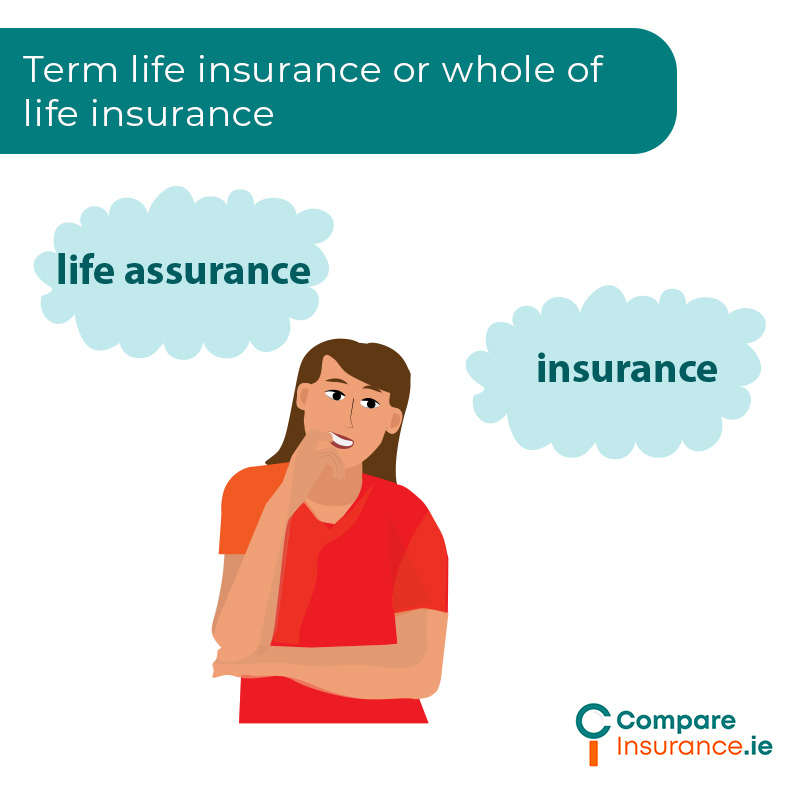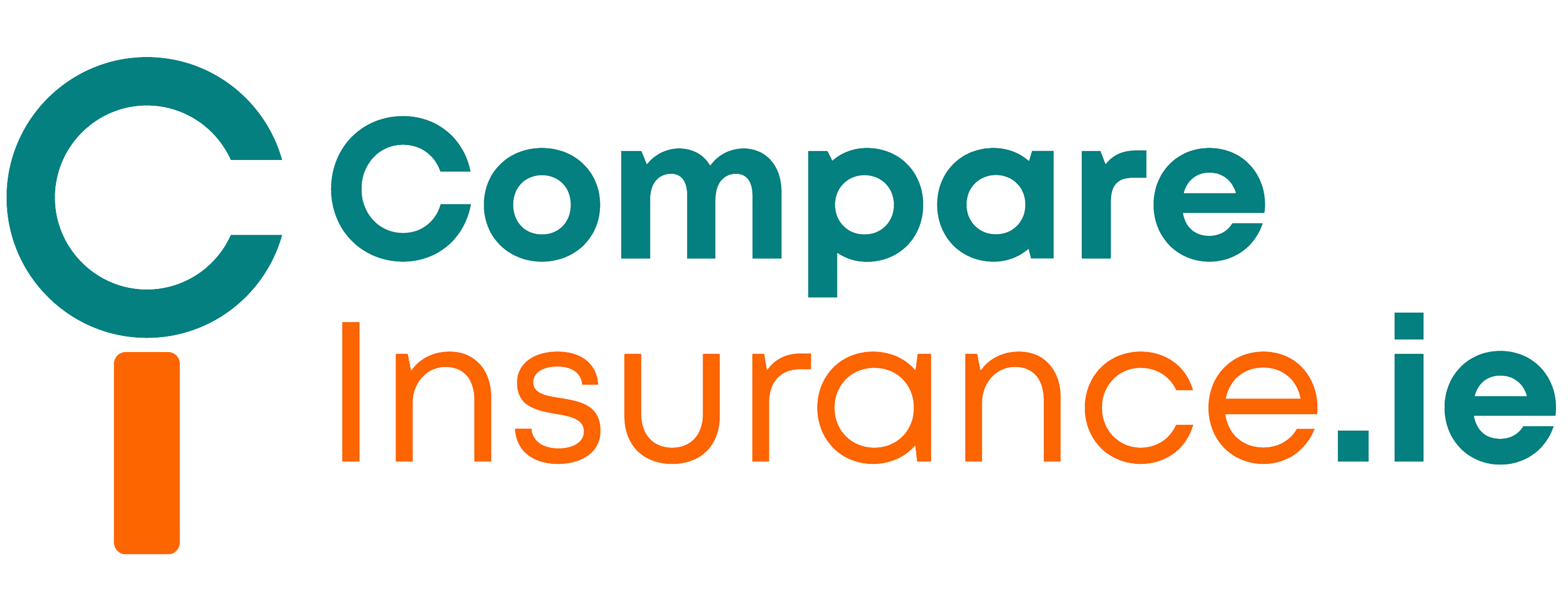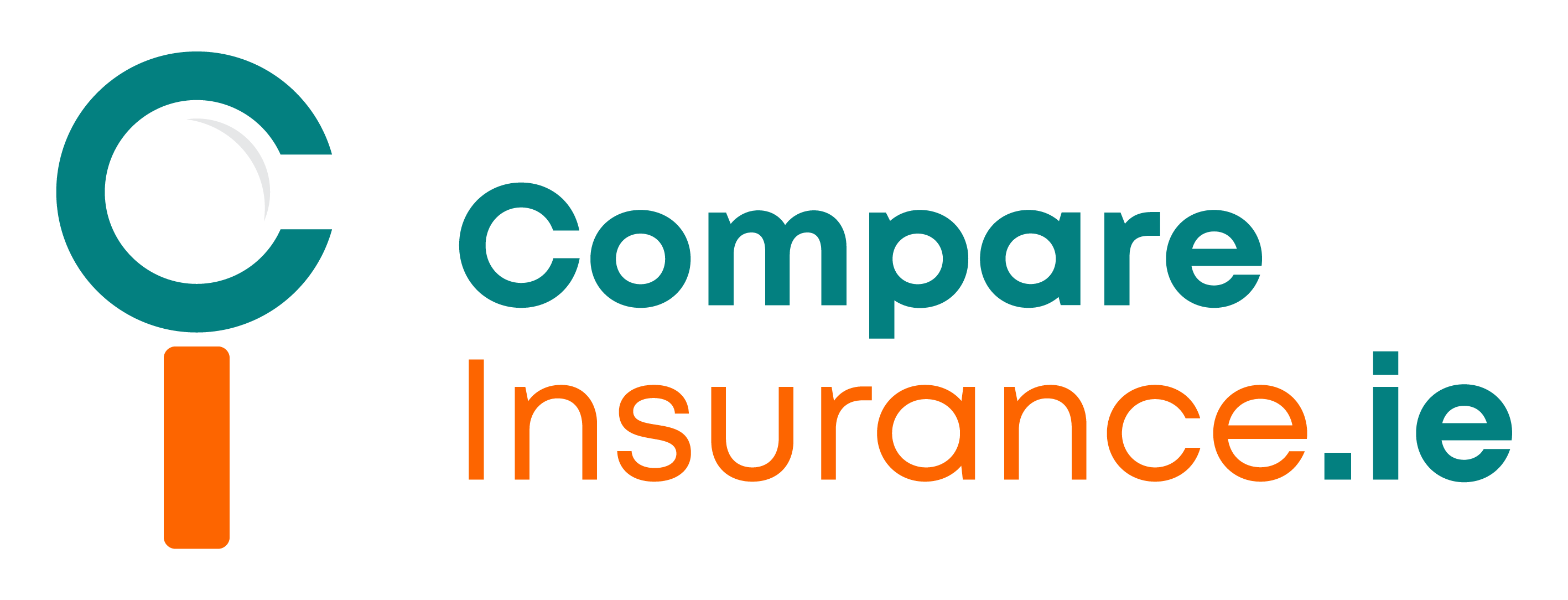When you are considering purchasing financial protection it can be overwhelming to consider the different options available and it can be difficult to see how the price differs so much between policies.
Here is a breakdown of some of the options available and a run through of how various factors affect the monthly premium you will pay for €100,000 of life cover.
Table of Content
What factors affect how much I will pay for €100,000 worth of life insurance?
There are various factors which will determine the premium you will pay to purchase €100,000 of life insurance. These include:
Your age
Your age on purchasing the policy will affect the premium you pay for both whole of life and term life insurance. All other things being equal, the older you are on purchasing life insurance, the higher a premium you will pay.
Here is an example from Aviva on varying prices for €100,000 term life insurance (term 25 years for a non smoker) depending on the age of the purchaser.
| Age 25 | €10.00 per month |
| Age 35 | €10.62 per month |
| Age 45 | €21.66 per month |
| Age 55 | €58.13 per month |
| Age 65 | No quote for a 25 year term €147.68 per month for 20 year term |
These figures do not take individual factors such as health into account but do illustrate how steeply prices for life insurance begin to rise when you are over 40. It demonstrates the importance of considering life insurance earlier in life.
Term of the policy
The length of the policy term will also affect the price of life insurance (this does not apply to whole of life insurance). Here is a comparison of different terms and prices for a 40 year old non smoker purchasing €100,000 of life insurance from Zurich.
| Term of 10 years | €10.00 per month |
| Term of 20 years | €10.93 per month |
| Term of 30 years | €14.29 per month |
| Term of 40 years | €20.10 per month |
| Term of 50 years | No quote from Zurich, €39.70 per month from Royal London |
Again, this is somewhat simplified but you can see how the premium increases as the life insurance provides protection into later years.
Your health and lifestyle
Individual health issues, whether a serious illness or a chronic health issue can affect your life insurance premium, and you may only be able to purchase life insurance with exclusions in cover or you may be declined for cover.
Smoking or vaping, even occasionally, can also significantly affect your life insurance premium. Here are some examples of life insurance quotes for €100,000 of cover over 40 years for smokers and non smokers aged 30 from various insurers
| Smoker | Non smoker | |
|---|---|---|
| Irish Life | €15.15 per month | €22.46 per month |
| Aviva | €12.16 per month | €20.41 per month |
| Zurich | €10.27 per month | €17.44 per month |
| New Ireland | €10.00 per month | €16.84 per month |
| Royal London | €15.00 per month | €17.86 per month |
Type of life insurance
Here are some quotes from Irish Life that show the price difference between term life insurance and whole of life insurance.
Example 1
| €100,000 whole of life policy, non smoker aged 47 | €127.55 per month |
| €100,000 term life insurance (30 year term), non smoker aged 47 | €33.13 per month |
Example 2
| €100,000 whole of life policy, non smoker aged 26 | €75.42 per month |
| €100,000 term policy (50 year term), non smoker aged 26 | €18.72 per month |
What is the difference between life insurance and life assurance?
Life insurance, or term life insurance, is life cover that protects you for a specific time frame eg. 30 years. You choose the cover amount based on your circumstances and budget and if you die during the term, the cover amount will be paid as a cash lump sum to those you leave behind. If you outlive the term of the policy, there is no benefit.
Life assurance, also known as whole of life insurance and life long insurance, is guaranteed to pay out when you die, whenever that may be as long as you continue to pay premiums.
Whole of life insurance is considerably more expensive than term life insurance as it is guaranteed to pay out whereas term life insurance can be relatively affordable especially if you choose a shorter term.

Whole of life insurance with cashback
Whole of life insurance may be a unit linked policy where the death benefit is provided for by investing the premiums in a managed fund.
It is possible to purchase whole of life insurance where you can, after a period of time, stop paying premiums and receive a lower level of death benefit or you can cash in your policy and receive a payment when you are still alive. Royal London’s Life Changes Option allows you to retain a financial benefit after a period of time if you no longer wish to pay premiums.
Conversion option
It is also possible to purchase term life insurance with a conversion option, also known as a guaranteed insurability option, that allows you to make changes to your cover amount, the term of your policy, or even convert your term life insurance policy into a whole of life policy without providing new medical information.
Choosing a conversion option may cost a little more initially but will provide more flexibility, especially if you develop a health issue later in life.
Guaranteed or reviewable premiums
Most life insurance policies, term and whole of life, have fixed premiums which means that you will pay the same each month for your life insurance.
Life insurance with reviewable premiums means that the amount you pay, the premium, for your life insurance is reviewed at regular intervals. Beware this type of life insurance as, although the premiums may be more affordable initially, they may increase significantly during the life of the policy and become unaffordable over time.
Indexation
You may choose to purchase life insurance that has an inbuilt increase in cover amount to allow for the effects of inflation over time.
If you choose indexation, you will pay slightly higher premiums during the life of the policy but your cover amount will increase (usually by around 2-3% each year) meaning that your family will receive a higher benefit.
Which should I choose: term life insurance or whole of life insurance?
The answer to this question depends on your financial and life circumstances as well as the price difference between the two types of life insurance.
Term life insurance provides an important safety net where you are at peak earning age, you may have children who are still dependent on you and may be for a while, and where you have an outstanding mortgage or other personal debt and ongoing monthly expenses.
Whole of life insurance provides essential benefits where you wish to leave something behind for your family, where you have concerns about your beneficiaries being liable for inheritance tax on any assets you leave them, or where you wish to make provision for end of life expenses such as a funeral.
Purchase a combination of types of life insurance
It is also possible to purchase term life insurance with a whole of life component. In this scenario you may purchase €100,000 of life insurance with a proportion (eg. €20,000) as whole of life cover.
You will pay a monthly premium up to a certain age, possibly retirement age, and the term life insurance cover of €100,000 will be paid as a lump sum if you die. Following the term, you continue to have €20,000 whole of life insurance cover which provides a benefit when you pass away. This can be called a whole of life continuation benefit and is provided by New Ireland.
Why buy €100,000 of life insurance?
Even though €100,000 may seem like a relatively low cover amount, it can still provide peace of mind and a financial safety net in many circumstances.
If you have a limited budget or have lower levels of debt, a cover amount of €100,000 can be sufficient to provide a benefit to your family when you die.
If you are in a position where you are buying life insurance in midlife, after having developed a health issue, or following a change in your circumstances, you may find that buying a lower amount of life insurance cover can still fit in with your financial goals and provide a useful gift or bequest to your family, with a more affordable premium.
Funeral costs
You may choose to purchase a lower amount of life insurance to provide for funeral costs for those you leave behind.
Specific funeral insurance is a type of whole of life insurance that provides for funeral expenses but can be relatively expensive. Purchasing a relatively modest whole of life insurance policy may be a more affordable way to provide for this expense.
Inheritance tax
If you have significant assets to leave your remaining family aside from your spouse, inheritance tax can be onerous and can eat into the bequest.
Section 72 insurance is another specific form of whole of life insurance that provides for this expense, and can be a tax efficient way to cover inheritance tax liabilities.
Contact us today
Purchasing life insurance need not be as expensive as you may fear and there are many ways to achieve comprehensive cover affordably, depending on your needs and financial goals. However, life insurance can be complex and it is difficult to know which option is best for you.
Compare Insurance has insurance advisors who can discuss your situation with you to find cost effective solutions for whole of life insurance, term life insurance, or a combination of both.
Fill in our online assessment or call us and we can help you to tailor your life insurance cover to your requirements and advise you on how to find the life insurance cover that is best for you.

Author: Séamus Ó Doirín | Chief Insurance Editor
Séamus Ó Doirín is a Donegal based QFA who has been writing about insurance since 2020. His main focus is getting people the best value for insurance in the Irish market. His writing covers all areas of insurance and is a valuable part of the Compare Insurance team.



